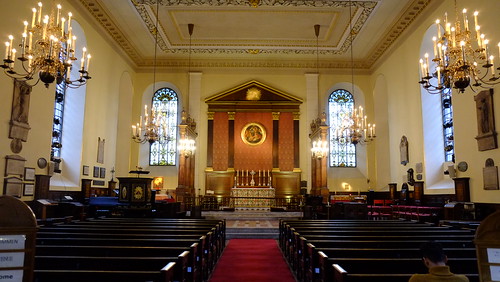Emma Sleeth Davis, an author and projects coordinator at Blessed Earth, reviews REST for the Englewood Review of Books:
In Rest: Why You Get More Done When You Work Less, author Alex Soojung-Kim Pang starts with a simple premise: working more hours does not mean getting the most—or best—work done. Part self-help, part scientific findings, part biographical anecdotes, Rest is an engaging, well written and researched read for white collar workers interested in improving their productivity.
She dings the book for not paying enough attention to the restorative value of religious practices. It’s a fair criticism, though in my defense I would describe it as one of those spots on the map that still needs to be filled in, and I have connected the dots between religious faith and rest elsewhere. Having established the value of rest in creative lives, it’s possible to go back and investigate how religious observance or prayer could serve as a guide for rest, or justification for giving one’s self downtime, or a framework for practicing rest.
Indeed, this would make an excellent article for someone (me, or someone else) to write. There’s been some pretty interesting work on the cognitive impact of meditation, and I would assume that some similar work has been done on prayer.
There are lots of studies of the psychological benefits of prayer and religious observance, going back to Francis Galton (if memory serves). Church membership and seriousness of religious observance are often noted in obituaries and biographies. People are often pretty good about noting church attendance in their diaries or letters, or apologizing to their parents for not having gone to confession, etc..
So the basic historical material for sketching out a relationship between religious observance and deliberate rest is there, and there’s psychological research that could help make sense of it.

